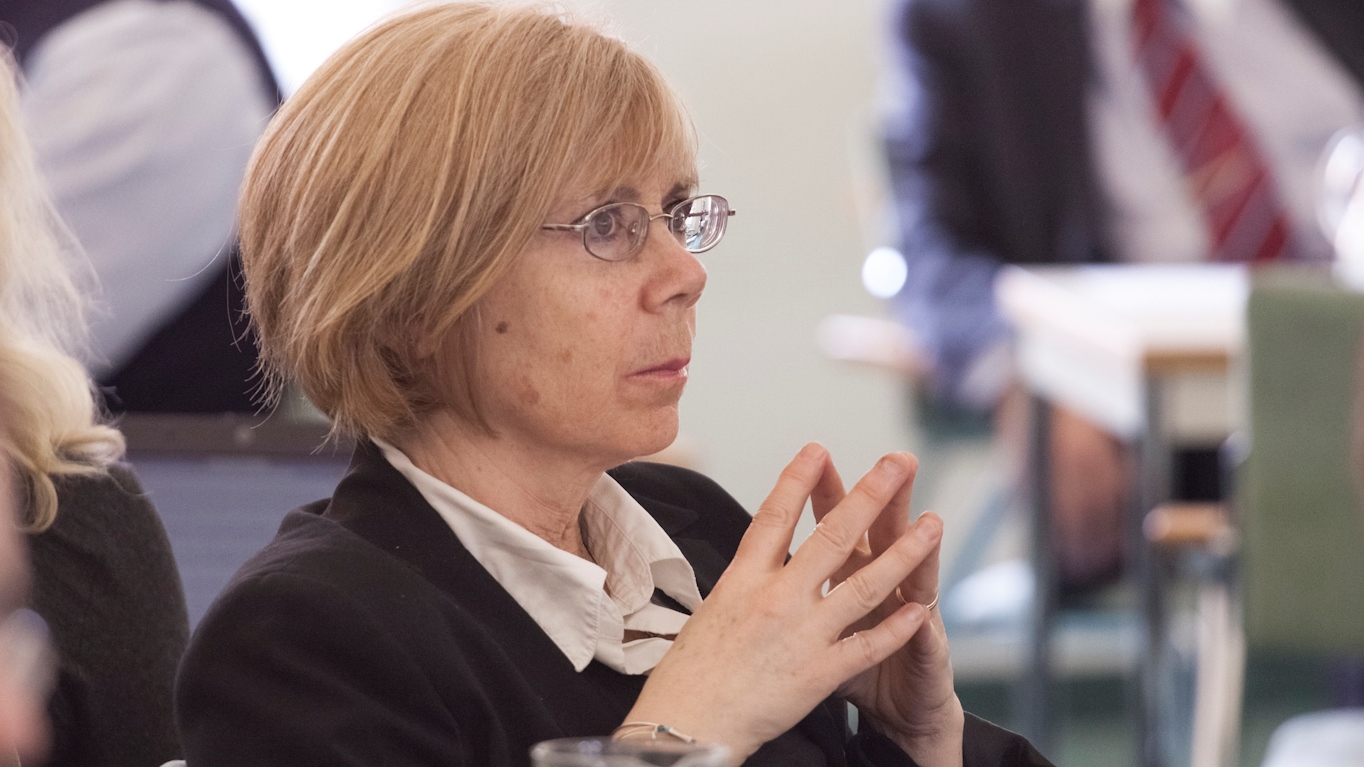Russian civil society, once a vibrant force for change and democratic development, has faced increasing repression in recent years, particularly since the full-scale invasion of Ukraine in February 2022. The Kremlin’s crackdown on dissent has significantly curtailed the space for independent organizations, activists, and journalists.
A History of Resilience and Repression
In the post-Soviet era, Russian civil society emerged as a powerful force, advocating for human rights, democratic reforms, and social justice. NGOs, independent media outlets, and grassroots movements played a crucial role in shaping public opinion and holding the government accountable. However, the rise of authoritarianism under Vladimir Putin has led to a systematic erosion of civil liberties and a hostile environment for independent organizations.
The Impact of the Ukraine War
The invasion of Ukraine has further intensified the crackdown on civil society. The Kremlin has labeled independent voices as “foreign agents” or “extremists,” subjecting them to harassment, surveillance, and imprisonment. Many activists have been forced to flee the country, while others have gone into hiding or suspended their activities.
Key Challenges Facing Russian Civil Society
- Legal Restrictions: The government has enacted a series of laws that restrict the activities of NGOs, including foreign funding restrictions and increased bureaucratic hurdles. These laws have made it increasingly difficult for civil society organizations to operate legally and effectively.
- Surveillance and Intimidation: Security services closely monitor the activities of activists and journalists, using surveillance, intimidation tactics, and targeted arrests to silence dissent. This climate of fear has forced many activists to self-censor or abandon their work altogether.
- Propaganda and Disinformation: State-controlled media disseminates propaganda and disinformation to discredit independent voices and manipulate public opinion. This has made it difficult for civil society organizations to reach the public and counter the government’s narrative.
- Economic Hardship: The economic consequences of the war and Western sanctions have exacerbated the challenges faced by civil society organizations, limiting their resources and capacity to operate. Many organizations have struggled to maintain their operations and provide essential services to communities in need.
The Future of Russian Civil Society
Despite the severe challenges, a resilient core of Russian civil society continues to operate, albeit under difficult circumstances. Many activists have adapted their strategies, using digital tools and encrypted communication channels to evade surveillance and maintain contact with supporters. They have also formed networks and alliances with international organizations to amplify their voices and seek support.
However, the long-term prospects for Russian civil society remain uncertain. The Kremlin’s determination to suppress dissent poses a significant threat to the survival of independent organizations and the future of democracy in Russia. International support and solidarity will be crucial in helping Russian civil society to endure and ultimately thrive.
To fully understand the challenges faced by Russian civil society, it is essential to consider the broader political context. The Kremlin’s authoritarian policies, coupled with the ongoing war in Ukraine, have created a highly repressive environment for independent voices. The future of Russian civil society will depend on the ability of activists to adapt to these challenges, maintain their networks, and secure international support.
It is important to note that the situation for Russian civil society is highly dynamic and can change rapidly. For the most up-to-date information, it is recommended to consult news sources and reports from human rights organizations that specialize in Russia.

Leave a Reply